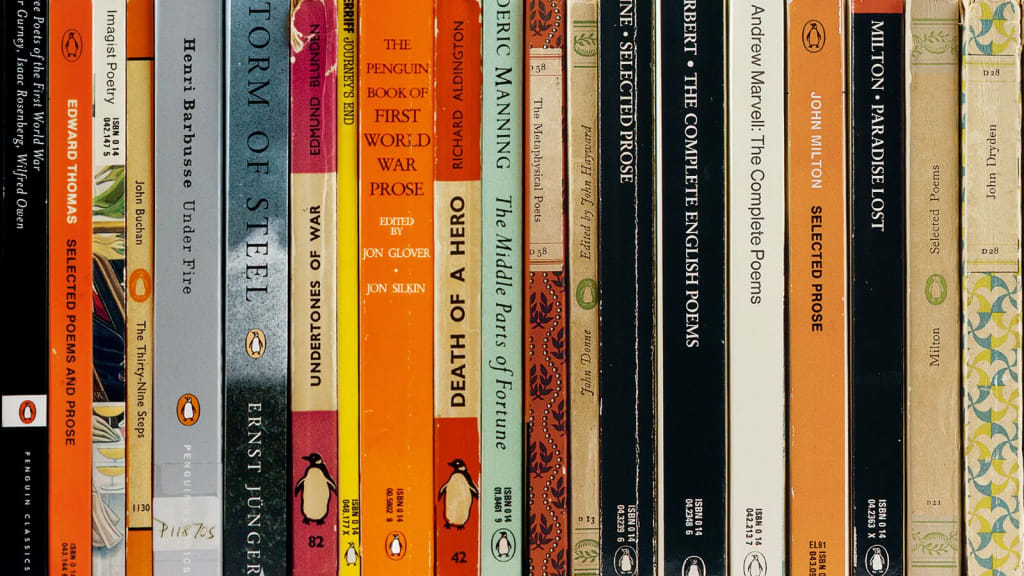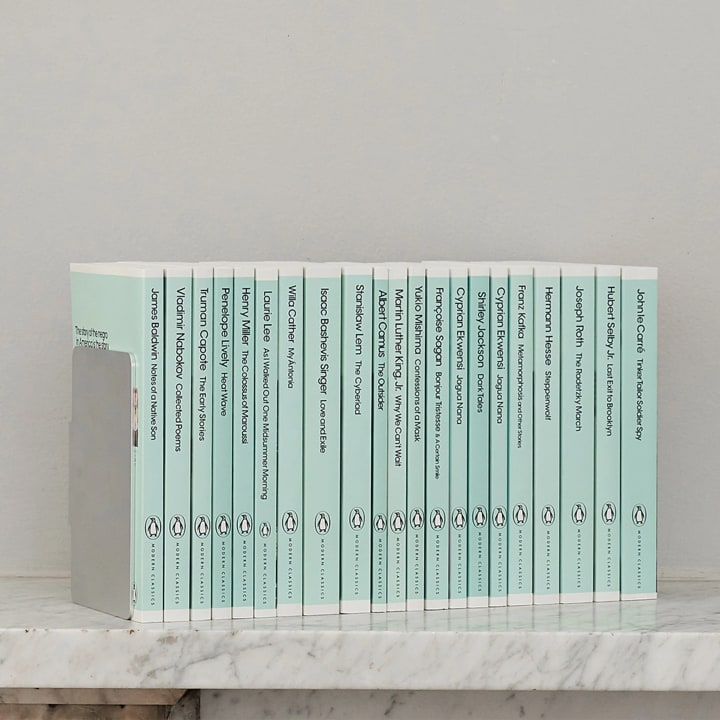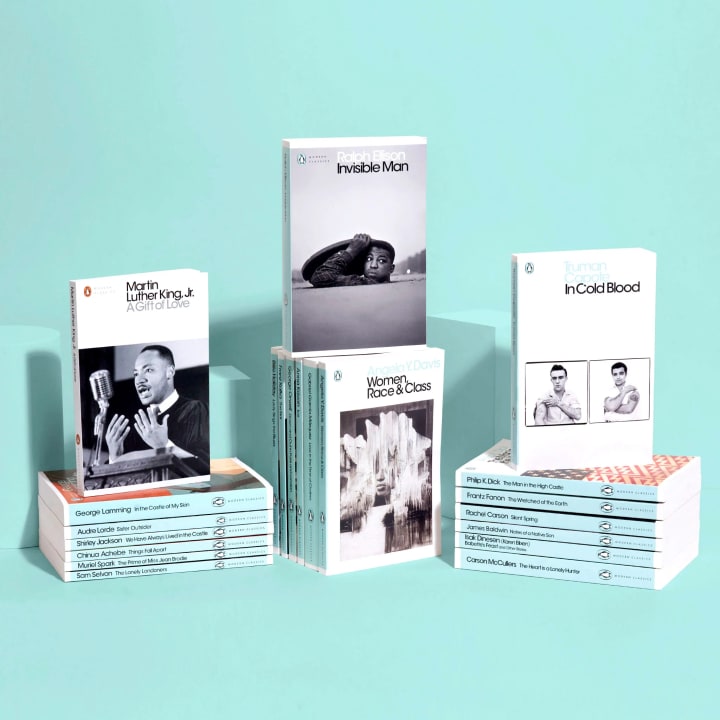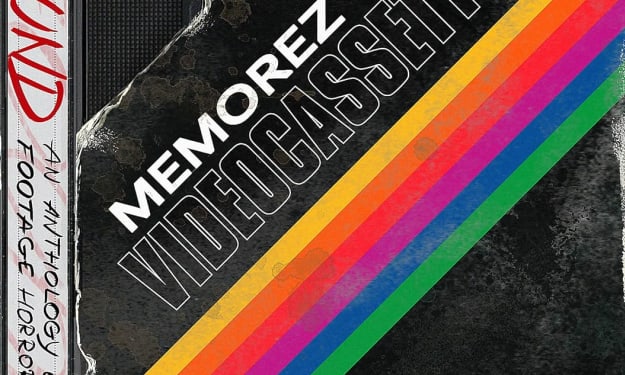
Welcome to ‘Why it’s a Masterpiece’. This is a series of articles about books that are considered ‘masterpieces’ in our canon. I will attempt to keep it limited to modern classics or at least, only as far back as the 19th century just to make sure I can make it as accessible to as many people as possible. Also, just a quick note: this will be replacing the series of ‘The Greatest Movies Ever Made’ for a while (but not forever, I’m just trying to figure some stuff out at the moment in terms of the organisation of my publications on this site).
Each week will cover a different literary masterpiece and why it is considered so. I will cover a short introduction about the book’s publication/life of it’s author. Then I will proceed to go through the plot to the book. This will be followed by some key themes/symbols/messages that are covered by the text, what kind of era they fit in with and why. After this, I will look at why this book is actually considered a masterpiece, analysing opinions from other people, critics and obviously you will get to hear my side of the story as well. Finally, I will end with a short conclusion on how we bring all of that together.
What do I hope to do with this? Hopefully I hope to inspire some people to read some modern classics or some 19th century works. There’s a lot to be learnt, seen, felt and experienced from these books and many of them should not be taken lightly. There are many books to choose from and hopefully, I have chosen them carefully enough so that you can explore them for yourselves. And, if you have already read them then do not hesitate to add your own experience in the comments section. The more people having experiences of these classics, the better.

Well, the reason why I am not including things from before the 19th century is because of accessibility (as I have said previously). I have a soft spot for Renaissance literature and even writings from the Age of Reason (mostly the plays and/or political writings). But I understand that much of that writing can be too verbose, too unclear and more than often just kind of boring to the normal person. It is not wrong to feel that way. There have been many times whilst studying that I have felt that way about an overly verbose text (here’s looking at you Candide by Voltaire). So, for the sake of remaining accessible and also for the sake of not making the pool of choosing too big, I will be keeping this to the 19th century and onwards. Anyways, there is more than plenty to choose from in these chosen eras.
The modern classics especially have been a point of great research for me. When I was doing university, I loved reading those classics that every university student reads: Kerouac, McCullers, Ginsberg, Camus and many, many more. I worked my way through the vast majority of the white Penguin books with those turquoise spines, I worked my way through the Virago Modern Classics, the Vintage Classics, the New York Review of Books Classics, the Oxford World’s Classics - I read voraciously. By the end, I didn’t have a personality, I had a library. (And if you are wondering, that is a quotation from Kafka was the Rage by Anatole Broyard) a little-known modern classic that I wish more people read. To this day, I am actually forcing more of my friends to read it. As a literature enthusiast it is my god-given purpose.

So now, I pass it on to you. Read voraciously and pass the book on. I have since lost my original copy of ‘Kafka was the Rage’, it got passed around and never came back. But, so is the journey of books. On World Book Day when I was very young, I gave my book to someone else after reading it and since, it has been gone. But that was sixteen years’ ago now. I feel like if nobody else has read the book that you are reading then it’s your right to shove it in their face and get them too. Never be afraid of losing the book. You will gain so much more in return.
So there you have it. As we move into next week, we will investigate some of the most masterful stories written post-1800s and see why exactly they are considered to be so revered. The literary gods are smiling down upon them and, hopefully in centuries to come, they will be see in the same way we see Dante and Shakespeare today. Artists of old who created something wonderful for everyone to enjoy.
Next week: Of Mice and Men by John Steinbeck
About the Creator
Annie Kapur
200K+ Reads on Vocal.
English Lecturer
🎓Literature & Writing (B.A)
🎓Film & Writing (M.A)
🎓Secondary English Education (PgDipEd) (QTS)
📍Birmingham, UK






Comments (1)
I have multihued Penguins lined up on my shelves, and I'm looking forward to this! 📚